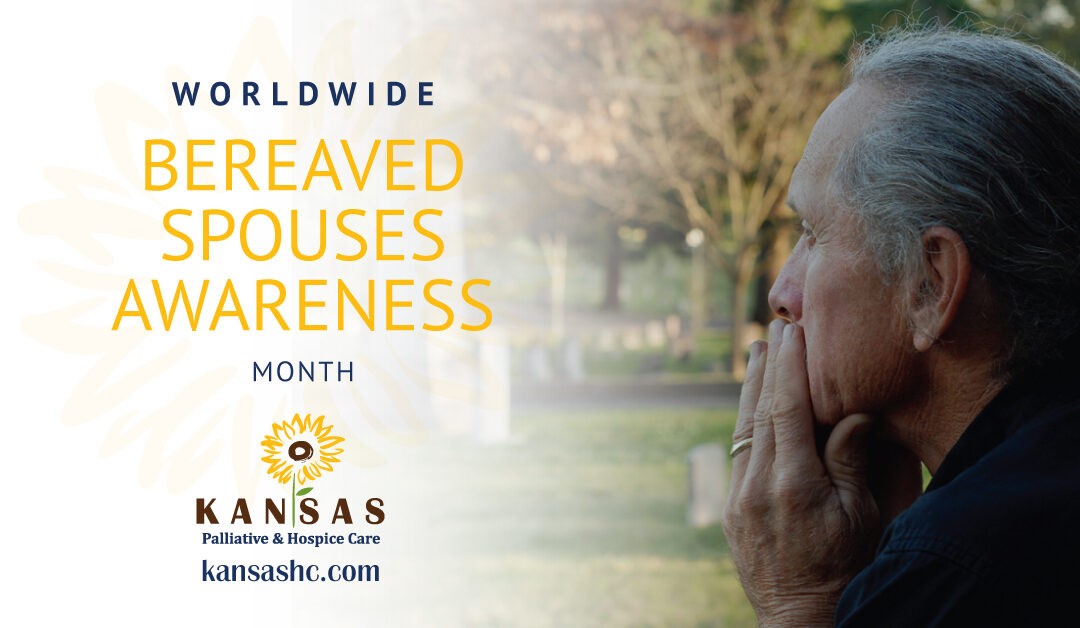Losing a loved one to a terminal illness is an incredibly painful experience. Losing a spouse or partner can be particularly traumatic, and the grieving process can feel overwhelming and confusing. However, grief is a personal process, and everyone grieves in their own way and at their own pace.
If you are experiencing the loss of a spouse or partner, you are not alone. Bereaved Spouses Awareness Month has been observed since April 2008, and it provides support and resources for those grieving the loss of a spouse. This April, we want to let you know you aren’t alone.
Grief can be challenging and may present itself in various forms, such as shock, sadness, numbness, or guilt. Grief is unique to each individual, and it can manifest as intense emotions or behavioral changes, such as:
- loss of appetite
- sleep disturbances
- difficulty with decision-making
- difficulty with concentration
As hard as it may be, it’s critically important to remember to take care of yourself during the grieving process. Despite how you feel, it is important to prioritize self-care. This includes eating a balanced diet, exercising daily (even if it is just a short walk), and getting enough rest.
While some people may turn to alcohol to cope with the pain, it can ultimately worsen the situation and be detrimental to your health. Instead, it is better to confront the loss head-on and start the journey toward healing.
Hospice Care Can Help
Hospice care is a valuable resource that can help people prepare for and cope with the impending loss of a loved one. Hospice care also supports families during the caregiving phase and the bereavement process. Many spouses may spend significant time caring for their ill partners but may not take care of themselves. Hospice care can provide emotional support to bereaved spouses during this challenging time while also connecting them with the resources they need to navigate these unchartered waters.


